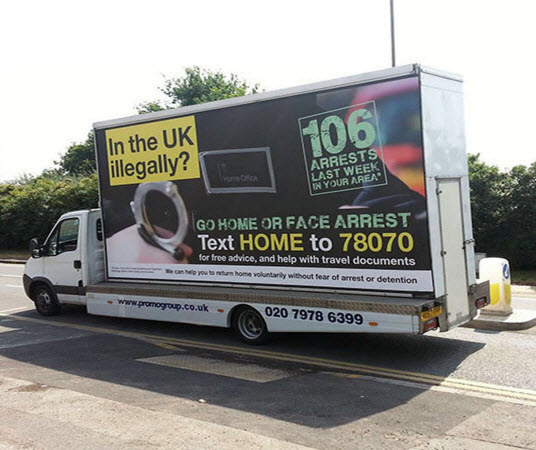There are no products in your shopping cart.
| 0 Items | £0.00 |


CARE homes within the UK have expressed concern about the government's new immigration bill as it will affect ethnic minorities hard given that one in six of all staff in the sector have immigrant backgrounds.
Britain's new Immigration Bill, which has been given initial approval by members of parliament, repeals European Union (EU) freedom of movement and introduces a new framework for who can come to live in the UK. If passed, the legislation will put EU and European Economic Area (EEA) citizens on an equal footing with immigrants from outside the block.
However, care homes could face a staffing black hole because of the impact of the law and the Cavendish Coalition, which represents UK health and social care groups, says it is gravely concerned. It has warned that these current proposals would not allow enough overseas workers to be recruited.
Leaders of 37 national care organisations, including the National health Service (NHS) Confederation, have signed a letter to the prime minister, opposing the new bill. However, the government has remained defiant, saying that immigration is not the answer to the challenges in the social care sector.
According to the Cavendish Coalition, the proposed post-Brexit bill could have a damaging effect on care homes and other social care services, especially as the nation heads towards winter, which could bring further challenges due to the coronavirus pandemic. It also paves the way for the government to introduce a new points-based system.
Also, the Cavendish Coalition warns that this points-based system does not include the unique problems of the social care industry as the roles do not pass the proposed minimum salary threshold and are not classed as a shortage occupation. Under the terms of the bill, there will be no visas for low-skilled workers, which includes care home staff.
One in six care home workers in the UK is a foreign national and earn on average of between £16,400 and £18,400 in England. As from next January, under the new bill, foreign workers will have to be on a minimum of £25,000 to be allowed in to the UK.
Danny Mortimer, co-convenor of the Cavendish Coalition and chief executive of NHS Employers, said: "If adult social care wasn't in a precarious position before coronavirus, it certainly is now."
He added that one in five health and care workers have said that they are likely to leave their roles after the pandemic, pointing out that was pretty worrying, given that the sector had 122,000 vacancies in England alone. Among other things, the Cavendish Coalition is calling on the government to come up with a transitional solution to navigate the gap between the new immigration system and a longer term plan and funding settlement for social care.
However, a Home Office spokesman said: "The Migration Advisory Committee has been very clear in its assertion that immigration is not the answer to the challenges in the social care sector. As we implement the new immigration system, we want employers to focus on investing in our domestic work force.
Today, the Home Office released more detail on the UK’s points-based immigration system, which will come into effect from 1 January 2021. Those EU citizens resident in the UK by 31 December 2020 can still apply to settle through the EU Settlement Scheme until 30 June 2021.